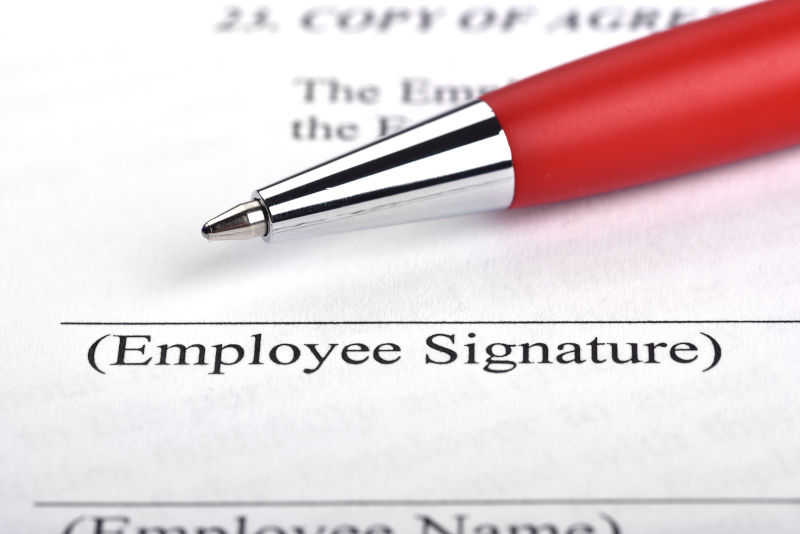A new law has just been passed which is set to increase the protections employees receive against sexual harassment.
As its mouthful of a name suggests, the Worker Protection (Amendment of Equality Act 2010) Act 2023 makes changes to the Equality Act, and creates a new duty requiring employers to combat sexual harassment in the workplace.
Sexual harassment can be devastating to anyone who has had to endure it. And it can create serious problems throughout the working environment as well.
If you have employees working for you, it is important that you make the necessary preparations to ensure you are ready for this change when it comes into force.
The new duty
Under the changes, employers will have a duty to ‘take reasonable steps to prevent sexual harassment of an employee in the course of their employment’.
During the new law’s passage through parliament, this duty was actually reduced in scope. The original bill would have imposed a heavier burden on employers of having to take ‘all reasonable steps’ rather than just ‘reasonable steps’. A proposed duty in relation to sexual harassment by third parties was also removed.
What constitutes sexual harassment?
Sexual harassment is defined in the Equality Act 2010 as ‘unwanted conduct of a sexual nature’, which has the purpose or effect of:
- violating a person’s dignity; or
- creating an intimidating, hostile, degrading, humiliating, or offensive environment for them.
The definition of sexual harassment has not been changed by the new law.
It is also important to remember about the legal concept of ‘vicarious liability’ as an employer. Vicarious liability can operate to hold employers responsible for the acts or omissions of their employees in certain circumstances. This means that if one of your employees is sexually harassing another during the course of their work, you could be held liable for that employee’s unacceptable conduct.
What could happen if the new duty is breached?
There is no definition in the Act as to what would constitute ‘reasonable steps’. But, in reality, if a discrimination claim is brought which involves sexual harassment, it will be for the Employment Tribunal to determine what would be reasonable steps for the claimant’s employer to take in the circumstances.
The new law provides that, where a tribunal finds an employer did not take reasonable steps to protect their employee from the sexual harassment, the tribunal may increase the claimant’s compensation award by up to 25%.
And it should be remembered that discrimination claims are not subject to compensation limits so, depending on the severity of the sexual harassment, this uplift could be substantial.
When is the new law coming into force?
The Worker Protection (Amendment of Equality Act 2010) Act 2023 received royal assent on 26th October and is to come into force one year later.
These changes will therefore take effect on 26th October 2024.
What should I do to prepare?
It is essential that you review your current workplace policies relating to sexual harassment. The following questions might help to focus your review:
- Are my sexual harassment policies robust enough? Would they cover the ‘reasonable steps’ required to protect my employees?
- Are my employees sufficiently aware of these policies?
- Have the policies been used in the past? Were they effective and appropriate?
You should also consider whether you are doing enough to educate your employees on the unacceptability of sexual harassment and the kind of behaviour it involves. These changes to the law can be an opportunity to promote greater awareness amongst your staff.
Can we help?
At Truth Legal, we offer a range of employment law business services to help your organisation stay on top of the many complicated legal requirements which employers have to meet.
If you would like assistance getting ready the changes discussed, or legal support on any other employment law matter, please do not hesitate to contact us.
Further Reading
From one of the UK’s most read legal blogs.










